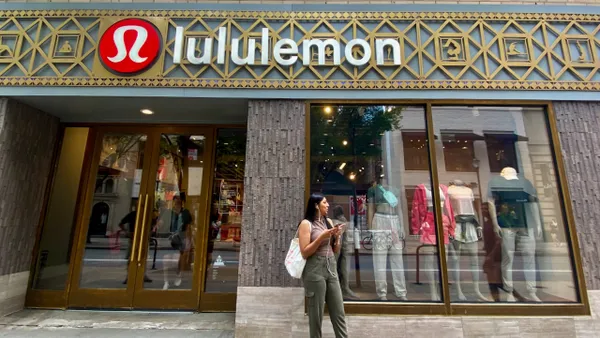Dive Brief:
- New research from the firm Spencer Stuart finds the average tenure for chief marketing officers at major consumer brands was 42 months, or 3.5 years, in 2016, down from the 44-month average reported in 2015, according to The Wall Street Journal. The study drew from 100 CMOs at some of the top ad spenders in the U.S.
- Average CMO tenure shrunk for the second year in a row. A "perfect storm" of new, disruptive technologies, business headwinds and changing consumer habits — especially in the retail and CPG space — were among the reasons cited by Greg Welch, a Spencer Stuart consultant, to the Journal.
- CMO tenure is an outlier and "pales" in comparison to job security in other C-suite positions: CEO tenure stood at a 7.2 year average in the S&P 500 last year and CFO average tenure was 5.7 years among the Fortune 500, per the Journal. The Spencer Stuart study also found a notable lack of diversity among top CMOs, with only 9% being African American, Hispanic or Asian, and just 23% being women.
Dive Insight:
CMOs have been in an increasingly tenuous position as digital media has continued to disrupt the marketing landscape, evolving at a rapid clip that can be difficult to keep pace with.
Just a few years ago, it seemed as though an explosion of marketing and advertising technologies might help CMOs better manage practices like data-driven marketing, but the new Spencer Stuart findings suggest this hasn't actually been the case and that a grasp on the changes in the channel, coupled with other headwinds, has only made the chief marketing role more volatile.
As the Journal notes, the CMO position has also come to be a bit representative of the industry's widespread, glaring lack of diversity, which has continued to draw criticism.
While the Spencer Stuart findings were centered on research from 2016, this year's forecasts are equally gloomy: In the fall, Forrester Research predicted that at least 30% of CMOs will be canned from their positions by the end of 2017 following a failure to properly achieve digital transformation for their businesses.














